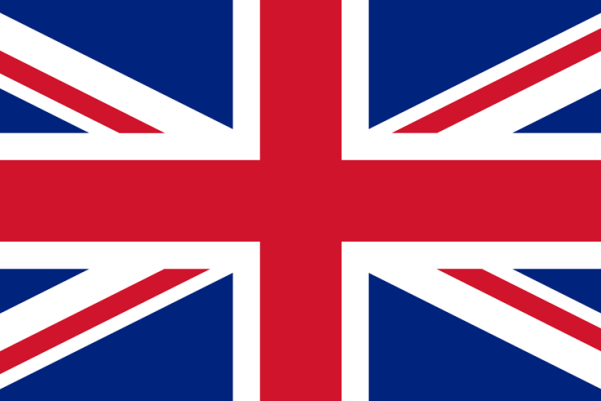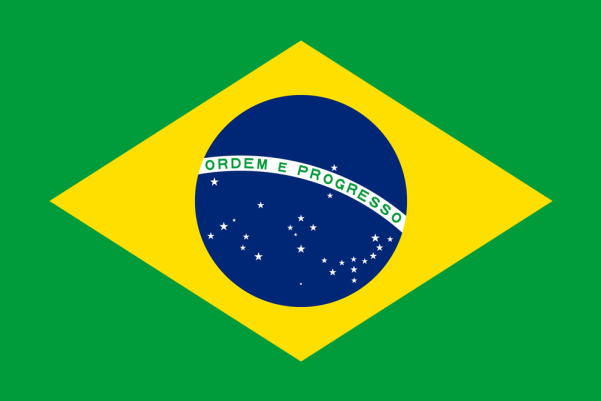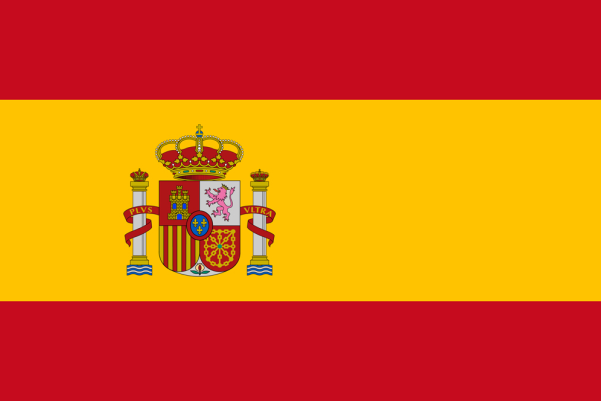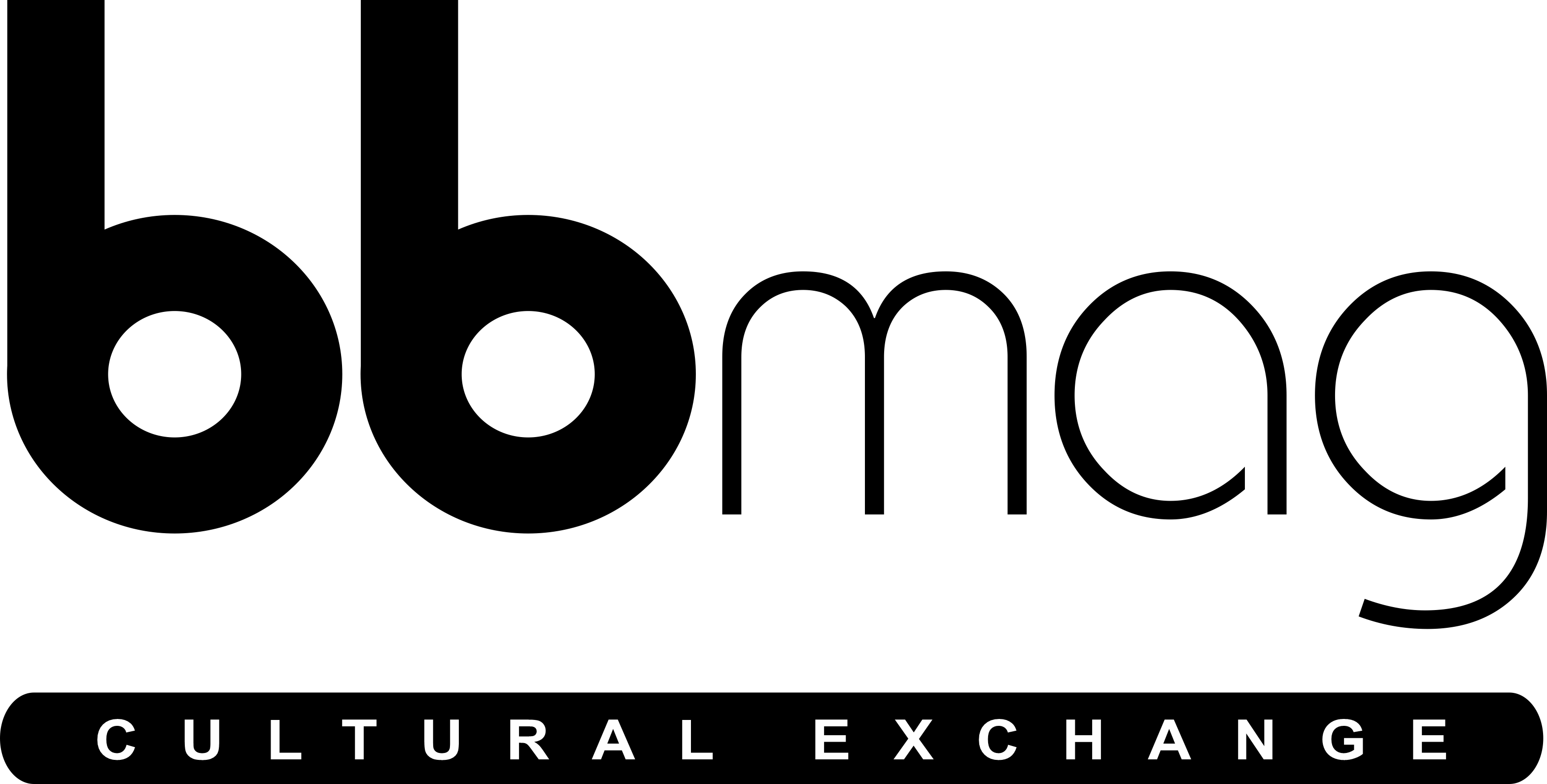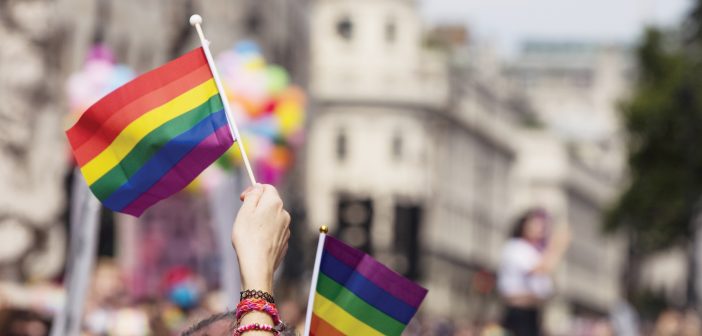Gay parades around the world, demonstrating gay pride!
By- Por Ciro de Lima
Founded by the Gay Liberation Front to celebrate the third anniversary of the “Stonewall” demonstration, the first Gay Parade took place in England on 1 July, in 1972, as a form of protest against LGBT oppression.
It all began in the United States in 1969 at the famed “Stonewall Inn” bar in New York’s Greenwich Village, which still exists today and is a popular gay and lesbian hangout amongst locals. In June 1969, police officers entered the premises and began assaulting everyone.
The beatings and arrests that day caused widespread outrage, and led a gathering of about 2,000 LGBT protesters to the streets just a few weeks later (28 June) to vehemently protest against discrimination. Stonewall reverberated in many countries around the world and the Gay Parade today is not only a political event, but also one that celebrates the importance of gay pride.
Each June, thousands of LGBT people and supporters come together, usually in major city centres, and march through the main streets. The march usually ends in a large public space where a party follows, with food stalls, drinks, musical shows and the participation of many famous faces in support of the cause. It is a well-orchestrated and cultured celebration, and the fun usually carries on through to the evening.
São Paulo: 3 June
Although the first march was only in 1997, today it is already one of the largest in the world. Each year promises even more participants than the previous year.
San Francisco: 23 – 24 June
The “gayest city on the planet” promises to attract record crowds to celebrate its 40th edition this year.
Toronto: 24 June
Set to celebrate its 38th year with collective LGBT wedding celebrations.
Rio de Janeiro: 24 June
The demonstration ends at the Praia da Bolsa, in front of the Copacabana Palace hotel. Copacabana beach has been popular with the LGBT community since the 1950s.
Paris: 30 June
This year’s celebration will take place in the Marais district, where there is a high concentration of LGBT bars.
Madrid: 7 July
The LGBT community was not officially recognised until 1975, but today many rights are already legally established, such as same-sex marriage.
London: 7 July
One of the most revered for its tolerance, respect, inclusion and acceptance of minorities, the parade takes place along many of the city’s main thoroughfares and the party continues throughout the Soho neighbourhood.
Berlin: 28 July
A city that has celebrated equal LGBT rights and the pride of gay culture since 1979.
Amsterdam: 4 August
The first edition took place in 1996, unusually in the name of freedom and diversity (most marches are in demand of equal rights).
Buenos Aires: 10 November
The first parade was in 1992. Same-sex civil union is currently recognised, but Congress is also discussing the legality of gay marriage in the country.
LGBT matters have always been controversial, for some. But after much struggle, perseverance and emotional intelligence, more and more people are demanding that radical standpoints be reconsidered, and that a more tolerant and understanding stance on human sexuality be universally adopted by modern society.
As Oscar Wilde once wrote: “I suppose society is wonderfully delightful. To be in it is merely a bore. But to be out of it is simply a tragedy.”
Happy Gay Pride 2018!
